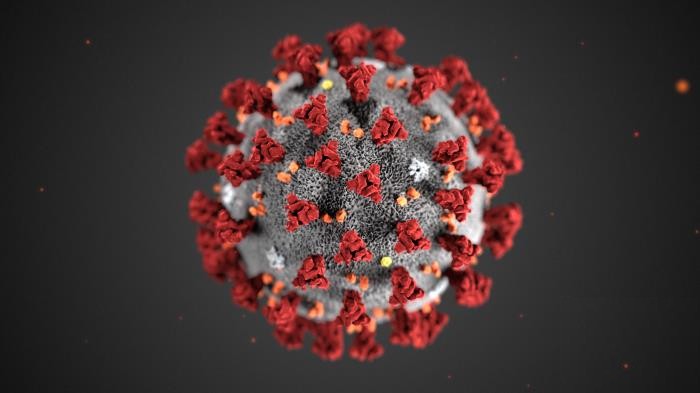How to prevent the spread of infections
Coronaviruses (CoV) constitute a family of viruses. These viruses can cause diseases of varying severity from common cold to more severe diseases like Middle East Respiratory Syndrome (MERS-CoV) and Severe Acute Respiratory Syndrome (SARS-CoV). They are transmitted from animals to humans (zoonotic infections).
Recently, a new strain has been identified in humans causing an outbreak which threatens to develop into a pandemic. The virus has been designated “SARS-CoV-2” and the disease it causes has been named “coronavirus disease 2019” (abbreviated “COVID-19”).
Symptoms and signs of the disease may appear 2-14 days after exposure. Common signs of infection include respiratory symptoms, fever, cough, shortness of breath and breathing difficulties. In more severe cases, infection can cause pneumonia, severe acute respiratory syndrome, kidney failure and even death.
Confirmed cases have been reported in as many as 77 countries spread across all the continents.
 Recommendations to prevent the spread of infection are:
Recommendations to prevent the spread of infection are:
- Wash your hands regularly: A step by step guidance on hand washing includes wetting your hands, lathering soap on every surface, scrubbing your hands together for at least 20 seconds and rinsing before drying. Wash under your nails thoroughly.
- Cover your mouth and nose when coughing and sneezing.
- Avoid touching your face, mouth, nose, eyes.
- Cook meat and eggs thoroughly.
- Avoid close contact with anyone showing symptoms of respiratory illness such as coughing and sneezing.
- Wash instead of sanitizing your hands whenever possible.
More information: Dr. med. Rafiq Hussain


